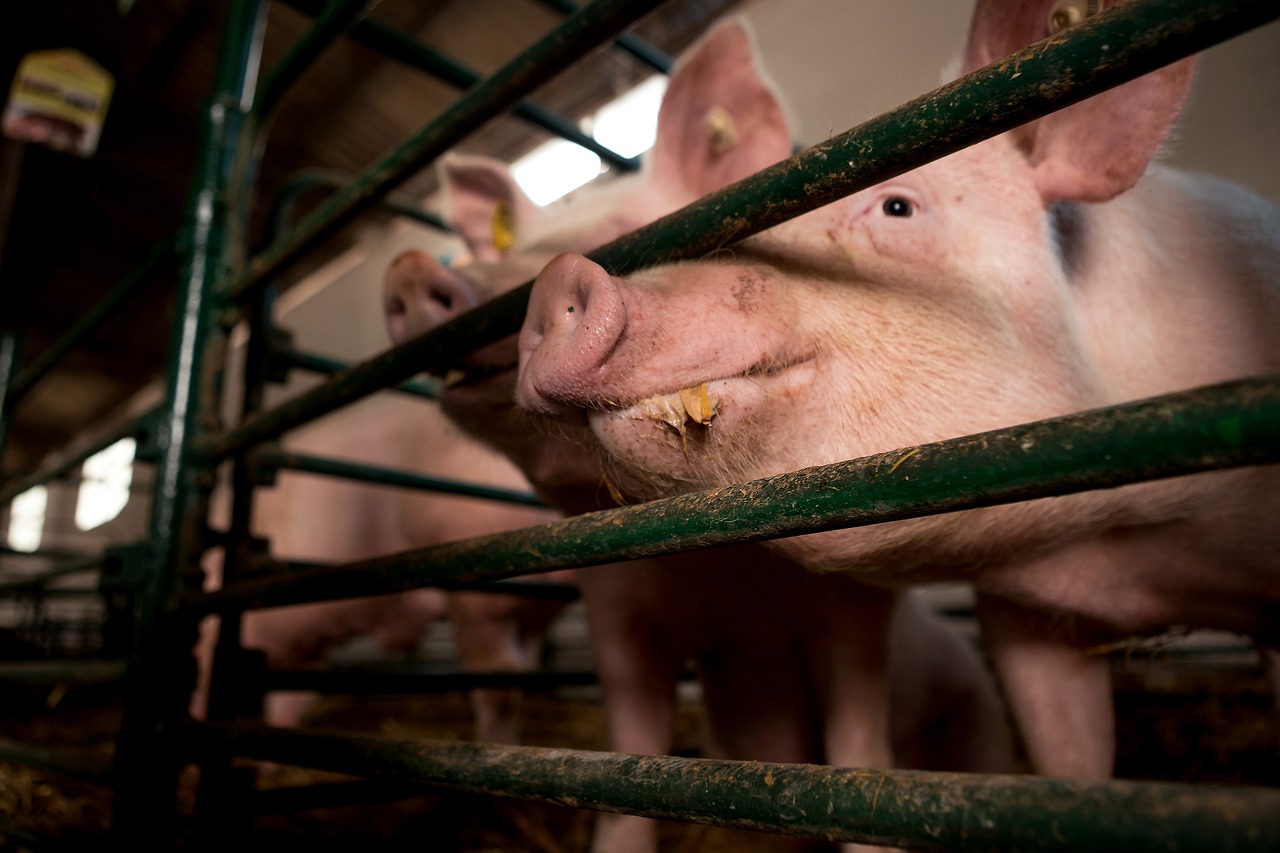News release
From:
Normal Graft Function After Pig-to-Human Kidney Xenotransplant
About The Study: The findings from this case series show that pig-to-human xenotransplant provided life-sustaining kidney function in a deceased human with chronic kidney disease. Future research in living human recipients is necessary to determine long-term xenograft kidney function and whether xenografts could serve as a bridge or destination therapy for end-stage kidney disease.
Expert Reaction
These comments have been collated by the Science Media Centre to provide a variety of expert perspectives on this issue. Feel free to use these quotes in your stories. Views expressed are the personal opinions of the experts named. They do not represent the views of the SMC or any other organisation unless specifically stated.
Professor Toby Coates is a Professor of Medicine at the University of Adelaide and Director of Transplantation at the Royal Adelaide Hospital
This case represents one of the first functional kidney transplants from a pig into a human, and shows proof of principle that organs from a genetically modified animal can replace human kidney function for one week without rejection and using conventional kidney transplant drug therapy.
The key advance here is the genetic removal of four pig genes that have previously proven a barrier to successful cross-species transplantation, and insertion of six human genes that prevent coagulation and 'humanise' the pig kidney to look more human-like (the 10 gene modified pig donor).
This transplant was done in a brain-dead organ donor in Maryland USA, who had their kidneys removed and the 10 gene modified pig kidney transplanted. The transplanted kidney functioned immediately and showed no signs of rejection over a seven-day period, during which biopsies and blood tests confirmed normal kidney function.
This study confirms that genetically modified, specially housed pig kidneys can correct kidney failure and function using standard kidney transplant drugs. Although in the early phase, this pilot study provides hope for the over 15,000 Australians on dialysis who could benefit from a kidney transplant, and potentially helps overcome the shortage in human donor kidneys.
Dr Roger Lord is a senior lecturer (Medical Sciences) with the Faculty of Health Sciences at The Australian Catholic University and Visiting Research Fellow with The Prince Charles Hospital (Brisbane)
Xenotransplantation is the process of transplanting donor tissue of animal origin into a human recipient.
The process has been explored for many years as a means of addressing the critical shortage of human organs available for transplantation.
Xenotransplantation has, historically, largely failed due to hyperacute rejection following surgery, even with the use of immunosuppressive drugs used to control this process.
To address this failure for kidney xenografting, investigators have removed four genes of porcine (pig) origin and added six transgene insertions to regulate the rejection process and maintain normal kidney function.
The current study involved only one brain-dead patient with chronic kidney failure as a first step to demonstrate that the 10 gene edited pig kidneys can function normally when transplanted to remove creatinine over a 7-day period.
Creatinine is a breakdown product of creatine from muscle and protein metabolism.
Measurement of creatinine is an indication of kidney function and ability to filter waste from blood.
The investigators were also able to demonstrate that there was no evidence of microscopic blood clot formation in the xenografted kidneys which is another indicator of normal kidney function.
This case study provides important preliminary evidence that these genetically modified kidneys can function normally following xenotransplantation and offers hope to those on waiting lists for kidney transplantation.



 Australia; International; QLD; SA
Australia; International; QLD; SA



